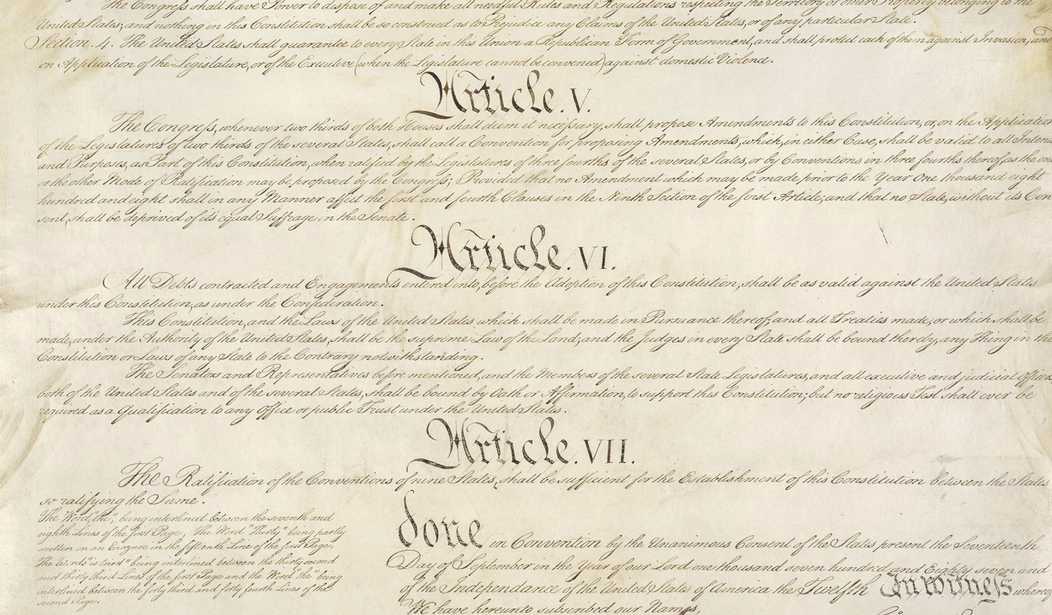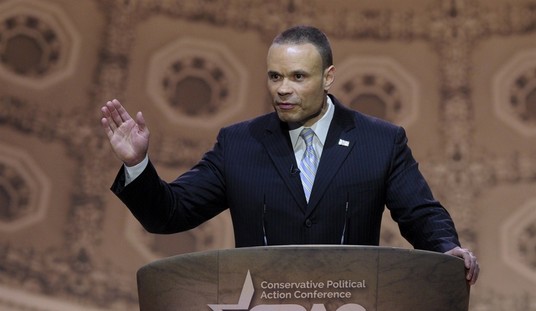The Goldwater Institute is a leading free-market public policy research and litigation organization that is dedicated to empowering all Americans to live freer, happier lives. We accomplish real results for liberty by working in state courts, legislatures, and communities nationwide to advance, defend, and strengthen the freedom guaranteed by the constitutions of the United States and the fifty states.
The following column is by The Goldwater Institute's Van Sittert Center for Constitutional Advocacy Fellow Corbin Witt.
The U.S. Supreme Court just ruled on one of the most monumental issues facing this country: the legality of race-based preferential treatment in college admissions. But even as the court attempts to settle the debate over affirmative action, a broader battle is raging within American higher education between those favoring race-based legal standards and those committed to constitutional equality under the law.
Nowhere is this battle more apparent—or more significant—than within the training grounds of America’s next generation of lawyers and legal scholars. And nowhere is the contrast clearer than in the juxtaposition between two emerging camps of law schools: those aligned with the Constitution, and those aligned against it.
The purpose of a law school is, or at the very least ought to be, to prepare students to practice law. Unfortunately, many of America’s elite law schools seem to be forgetting that mission in favor of prioritizing an ideology undermines not only the Constitution, but most basic principles of liberal democracies. This ideology, known more widely as Critical Race Theory (CRT), is now promoted in even the most elite circles of academia, including the halls of Yale and Harvard, which have hosted annual conferences supporting CRT for years.
Recommended
What does CRT teach? In the words of one of the theory’s founders:
Unlike traditional civil rights, which embraces incrementalism and step-by-step progress, critical race theory questions the very foundations of the liberal order, including equality theory, legal reasoning, Enlightenment rationalism, and neutral principles of constitutional law.
While it’s true that asking questions is how ideas get refined, CRT does not merely question rationalism and neutral law to refine them; it seeks to undermine and replace them. Yet schools like Columbia, Harvard, and Yale appear hell-bent on weaving CRT into their teaching and establishing research centers devoted to its principles. Given CRT’s radical nature, one might expect it to reside at these institutions at most as an optional elective, or a footnote in a class on legal theories. Instead, campus administrators are welcoming this toxic dogma with open arms—and bestowing upon it increasing institutional prestige.
Fortunately, all is not lost. Other schools are prioritizing research and teaching that upholds constitutionalism and democratic values—even at the risk of scorn from increasingly CRT-aligned commentators. For instance, George Mason University’s Antonin Scalia Law School recently triggered the ire of the New York Times for breaking from the left’s agenda, earning a front page story in which the paper complained that the school dares to be friendly to conservative scholars.
Other institutions, such as Notre Dame Law School and Arizona State University’s Sandra Day O’Connor College of Law, have likewise set themselves up to teach students to be mindful stewards and effective practitioners of the law.
In contrast to the CRT conferences at Harvard and Yale, for instance, the O’Connor College houses a Center for Constitutional Design, whose mission is to “engage students [and] scholars in civic dialogues about the perpetuation of our democratic institutions of government and the Constitution which brought them into existence.” The Scalia Law School, meanwhile, established the Liberty & Law Center, with a stated purpose of “lead[ing] the discussion of the law’s role in protecting and promoting liberty.” Notre Dame likewise boasts the Program on Constitutional Structure, with a goal of researching constitutionalism in America and beyond.
Compare those goals with CRT’s mission of undermining the liberal order: the differences couldn’t be more evident—or important. After all, law schools should not be teaching future judges how to tear down a legal system put into place by voters and their duly elected representatives. And for those who rise from the ranks of law school toward future political careers, surely our republic will be better served by candidates committed to the nation’s underlying constitutional framework, rather than those dead set on implementing the radical designs of America’s most eccentric law professors.
Only if law schools prioritize constitutionalism will our nation have lawyers dedicated to fulfilling their proper role: safeguarding the rule of law and a maintaining a liberal order that respects equality for all. While the American people should reject those institutions seeking to erase our values, we ought to celebrate and welcome those that are renewing their efforts to teach constitutionalism and conducting research that reinforces the principles of liberal democracy.
Corbin Witt is a Fellow at the Goldwater Institute’s Van Sittert Center for Constitutional Advocacy.
























Join the conversation as a VIP Member